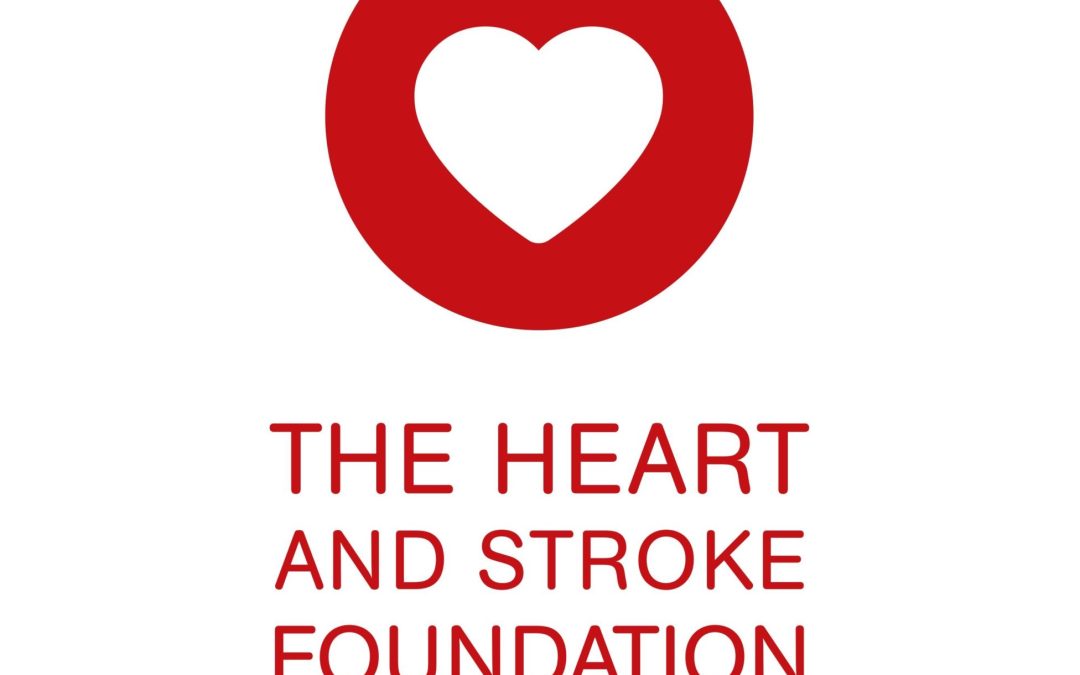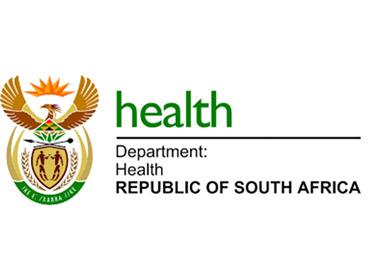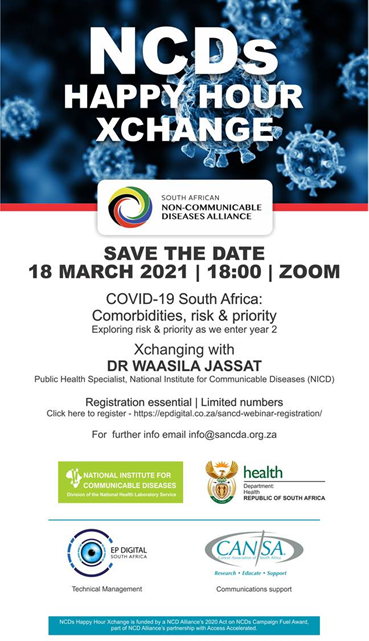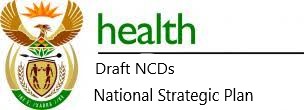
Mended Hearts and Stroke Group meeting – obesity pandemic
okekk

okekk

The NCDs National Strategic Plan 2013-2017 is also known as the 2nd NCDs NSP. It was reviewed in 2018 by a WHO country office contracted consultant on behalf of the NDoH.
It is grandiosely called The “Implementation Review of the NCDs NSP 2013-2017” The title is a farce since this plan was never implemented and unfunded. The review is supposed to imply an authentic evaluation of the plan, processes and outcomes. It does nothing of the sort
The WHO consultant Mel Freeman was also the NDoH official responsible for the development and implementation of the 2nd NCDs NSP during his tenure as Chief Director, NCDs
NDOH implementation review 2NN 2018 aug

People living with NCDs are at a higher risk of becoming severely ill if they contract COVID-19. NCDs are underlying health conditions that require you to take special care: cardiovascular diseases, diabetes, respiratory diseases, dementia, kidney disease and cancer.
NCDs and other chronic conditions make the immune system slow down, and it is more likely to get an infection like COVID-19. So we want to keep you healthy.
The South African Non-Communicable Disease Alliance (SANCDA) is proud to announce the first NCD’s Happy Hour Xchange on Thursday 18 March 2021 at 18:00 to discuss COVID-19 in South Africa, exploring the risk and priority of comorbidities as we enter the second year, preparing for the second phase of vaccinations, and preparing for the third wave.
The South African Non-Communicable Disease Alliance (SANCDA) is proud to announce the first NCD’s Happy Hour Xchange on Thursday 18 March 2021 at 18:00 to discuss COVID-19 in South Africa, exploring the risk and priority of comorbidities as we enter the second year, preparing for the second phase of vaccinations, and preparing for the third wave. (link: https://www.sancda.org.za/)
Dr Waasila Jassat, Public Health Medicine Specialist from the National Institute for Communicable Diseases (NICD) is our first Xpert
Waasila is responsible for the Daily Hospital Surveillance (DATCOV) report. To view the latest NICD report with comorbidities included.
Registration for the NCD Happy Hour Xchange is essential. Space is limited.
https://epdigital.co.za/sancd-webinar-registration/
#NCDsHappyHourXchange
Happy Hour Xchange is a series of knowledge Xpanding events informing and inspiring NCDs+ civil society organisations and activists to engage on diverse policy issues. Xperts Xchange key emerging facts and unknowns with us in an open and frank discussion via Zoom. Our aim is to Xpand the NCDs+ policy dialogue through engagement and co-production.
Suggested topics so far:
Cobranding with other organisations will be possible.
Contact Dr Vicki Pinkney-Atkinson, Director of SANCDA on 083 383 8159 or email:
[email protected] for more information.
The timeline on NCDs policy development since 2011 with global and national contextual indicators.
Its purpose is to show progress on policy developments and will be used as the basis for an advocacy tool.
Please make your input and let us have feedback.

The SANCDA supports the prioritization of phase 2 vaccination. However, how this is to happen is less than transparent. PLWNCDs and related civil society organisations keep asking for transparent processes and policy for phase 2 vaccinations. South African policy must show the priority comorbid health conditions which place PLWNCDs at greatest risk for severe COVID-disease or death.
1) Publish – COVID-19 deaths stats by comorbidity
The SANCDA want the ongoing publication on COVID-19 deaths according to the main underlying comorbidities. Civil society believes the release of this information is essential for transparency. The NDoH has this information for hospitalised patients. Sadly the format of publication doesnt show linked comorbidities.
However, before COVID-19 people who die outside of a hospital, the cause of death is notoriously poorly recorded. The challenge to the data collection is a long-standing issue. The most recent report from the 2016 cause of death statistics shows that 32.5% of reported deaths has this information missing. The top category of death is NCDs in 2016 but there has not been a publication on cause of death in SA since then.
This information is critical to ensure that the limited number of doses 12 million (6 million people we think) go those in greatest need according to facts.
The challenge is that outside of the NCDs sub directorate, the NDoH does not respond to our many requests for information. The NCDs civil society experience is that the long-held NDoH priority conditions of HIV, TB and malaria always remain just that. NCDs may get a mention and usually only diabetes and hypertension. So we want all of society to ask on behalf of the people living with NCDs.
So far in this pandemic we havent seen any transparent evidence based list of priority comorbid conditions. So how is this the priority to be determined? Compared with Millenium Development Goal (MDG) conditions like HIV/TB there are few NCDs indicators as shown in the National Indicator Data Set 2016.
South African health policy appears to be silent on how health priorities are determined. One of the few policies that address the needs of the population (priorities) is still in draft format and relatively recent, NHI Bill 2019.
PLWNCDs and their representative organisations wish to participate in and have a transparent evidence-based process to determine priority need and the criteria upon which this is based.
The SANCDA asks for transparent clear communication on how people without health insurance/ medical aid will be selected and notified of vaccination date and time.
There are no adequate health systems information for people with NCDs. The current NHI health systems information is based on HIV and MDG information.
MDG conditions formed the basis for the development of health systems strengthening information system development and programmes such as the “Ideal Clinic.” integrated chronic disease management and CCMDD are all examples.
See the CCMDD access to medicines information and raise a storm.